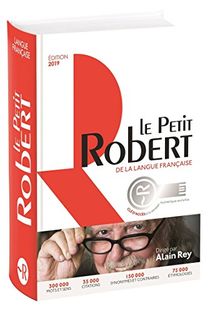
The legal languages of the world should track the lingua franca of the business world: English. The World Law Dictionary is guided by the following lexicographical principles: Consequently, this dictionary would also have the benefit of strengthening the many legal languages of the world. By thoroughly defining the legal terms of other languages and comparing them to English, these legal terms become clearer and more understandable and therefore easier for international parties to accept. This widespread use and stability, in turn, makes it easier for international business people and public servants to choose English when drafting agreements and other legal documents and harder to choose any other language. Thus, the lawyers who help them navigate these local laws must be equipped with language their clients and in-house counsel can understand.Īs English legal terminology becomes more widely used internationally, the meanings of English legal terms become more established both in international commercial practice as well as in judicial decisions. Yet business persons around the globe must understand the laws of the countries in which they do business. Obviously, each country has its own laws and legal concepts (legal terminology), many of which cannot be translated into English by simply using “equivalent” Anglo-American legal terminology. For example, a Chinese lawyer representing a Chinese client entering into a distribution agreement in Hungary would be able to gain an understanding of Hungarian legal concepts in a discussion with local Hungarian counsel as these concepts are defined in the World Law Dictionary in English with the essential benefit that his own Chinese legal concepts would also be translated, defined and compared with English in the same dictionary, thus making possible a comparison of the Hungarian and Chinese legal concepts relevant to these lawyers. This is why we are now creating a single online database, which will allow users to engage in discussions of the meanings and consequences of legal terms in their languages and jurisdictions based on a common work. TransLegal and its university partners believe that in this era of international trade and commerce the world needs a large and sophisticated online multilingual law dictionary in which the many legal languages of the world are linked in a single law dictionary to the lingua franca of international business, English. These scholars have written extensively on the shortcomings of multilingual legal dictionaries, often concluding that most of them are mere word lists of dubious quality. Launch calendar of our World Law Dictionary dictionaries:Īcademics in the field of law and linguistics have complained for decades about the shortage of good bilingual legal dictionaries pointing out that legal publishers are reluctant to spend the time or money required to produce a good legal dictionary. The English law terms which are provided as translations will be linked to TransLegal’s extensive and ever-growing database of English language materials, providing for each term sound files for pronunciation, usage notes, example sentences and language exercises and videos, thus making the World Law Dictionary a unique and powerful legal language tool. By the end of this year, the World Law Dictionary will allow users to search the legal terminology of over 20 countries. 

The World Law Dictionary Project is a partnership between TransLegal and leading law faculties around the world.

The overall aim of the project is to create the world’s best and largest multilingual law dictionary.










